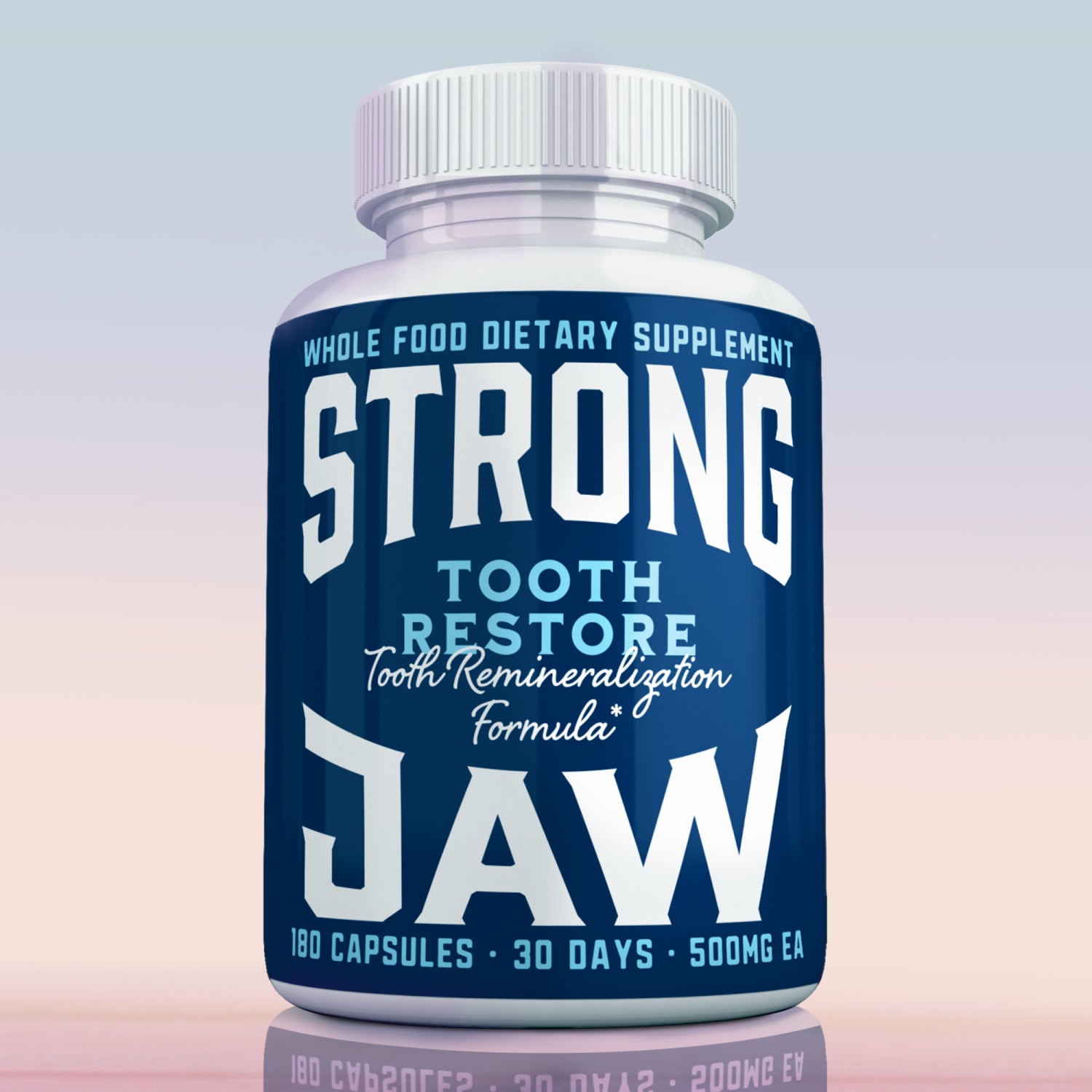Introduction
Struggling with persistent bad breath can be a significant source of discomfort and self-consciousness. In this blog post, I will share my journey on how I naturally overcame this challenge, supported by natural oral care practices and dietary changes. Remember, while bad breath can often be managed at home, it's important to consult with a healthcare professional to rule out any underlying health issues.
Key Takeaways
- Identifying the underlying causes of persistent bad breath.
- Implementing effective natural remedies and lifestyle changes.
- The importance of regular dental check-ups and professional advice.
My Journey to Healing Persistent Bad Breath
My battle with persistent bad breath began with recognizing the problem and seeking professional advice to confirm the diagnosis. Understanding the potential causes, like poor oral hygiene, dietary habits, and underlying health issues, was crucial in my journey to find a solution.
Identifying the Problem
My symptoms included a constant unpleasant taste and odor in my mouth. Common causes like smoking, dry mouth, and certain foods were considered. I realized the importance of tackling this issue to improve my overall oral health and confidence.
Seeking Professional Advice
Visiting my dentist was an essential step. They helped identify potential causes like gum disease or tooth decay and suggested a plan including natural remedies and lifestyle changes, alongside regular dental care.

Natural Remedies for Bad Breath
I explored various natural remedies, such as increasing water intake, using herbal mouthwashes, and practicing oil pulling with coconut oil. These methods helped in reducing bad breath by improving oral hygiene and reducing bacteria in the mouth.
Herbal Solutions
Herbs like peppermint, parsley, and fennel seeds became part of my daily routine. Chewing these herbs or using them in a mouthwash form helped in neutralizing bad odors and promoting a fresh breath.

Dietary Changes
I revised my diet to exclude foods known to cause bad breath, like onions and garlic, and reduced my intake of sugary snacks and drinks. Instead, I focused on a balanced diet rich in fruits, vegetables, and plenty of water, which improved my overall oral health and reduced bad breath.
Improving Oral Hygiene Habits
Enhancing my oral hygiene was crucial. This included brushing twice a day, flossing daily, and using a tongue scraper to remove bacteria from my tongue's surface, a common source of bad odors.

Gentle Brushing Techniques
I learned the importance of gentle brushing and the use of a soft-bristled toothbrush to avoid damaging my gums and oral mucosa, which can contribute to bad breath.
Flossing and Mouthwash
Regular flossing and the use of a natural mouthwash helped maintain a clean mouth, reducing the chances of bad breath developing due to food particles and bacteria.
Monitoring Progress and Adjusting Strategies
Keeping track of my progress and staying open to adjusting my strategies based on my dentist’s recommendations played a key role in effectively managing bad breath.
Regular Dental Check-ups
Regular visits to the dentist were essential for professional cleanings and to ensure that no underlying oral health issues were contributing to my bad breath.
Adjusting Treatment Methods
Based on my progress, I occasionally adjusted my approach, incorporating new natural remedies or tweaking my oral hygiene routine as suggested by my dentist.
Preventive Measures to Maintain Fresh Breath
Maintaining a consistent oral care routine and making healthy lifestyle choices like staying hydrated and avoiding tobacco products were key in preventing the recurrence of bad breath.

Summary
Overcoming persistent bad breath naturally involves understanding its causes, seeking professional advice, and implementing effective natural remedies and lifestyle changes. Regular dental check-ups and a commitment to a thorough oral hygiene routine are also crucial. With dedication and the right approach, it is possible to achieve fresh breath and maintain oral health.
Frequently Asked Questions
Can bad breath go away on its own?
Bad breath often requires intervention, either through improved oral hygiene, dietary changes, or professional dental treatment, depending on the underlying cause.
What natural remedies help with bad breath?
Natural remedies like staying hydrated, using herbal mouthwashes, and practicing oil pulling can be effective in managing bad breath.
Can dietary changes improve bad breath?
Yes, avoiding foods known to cause bad breath, such as onions and garlic, and reducing sugary snacks can significantly improve breath freshness.
What are the signs that I should see a dentist for bad breath?
If bad breath persists despite good oral hygiene, or if you experience other symptoms like pain, bleeding gums, or difficulty swallowing, it's important to see a dentist.


